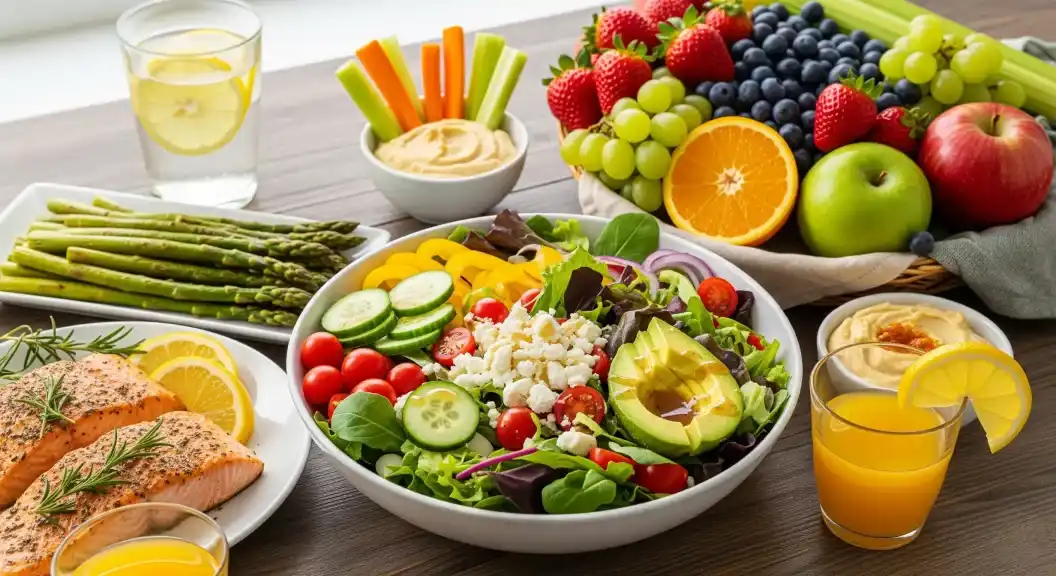Are your eating and drinking habits sabotaging your rest? It’s crucial to know which foods and beverages you should avoid for better sleep. Certain substances can act as stimulants or cause digestive distress, significantly interfering with your body’s natural sleep cycle. Eliminating or limiting these items, especially in the hours before bedtime, can be one of the most effective steps you take toward ending your insomnia.
Table of Contents
☕ Why Caffeine is a Major Sleep Disruptor
Caffeine is a well-known stimulant and one of the biggest culprits behind sleepless nights. It is found in coffee, many teas, energy drinks, some soft drinks, and even chocolate. Caffeine works by keeping you awake and can make it incredibly difficult to fall asleep. Its effects can last for many hours, so it is highly recommended to limit or avoid consuming any caffeine in the afternoon and evening.
🍷 The Deceptive Effect of Alcohol on Your Sleep Cycle
Many people believe that a glass of wine or beer before bed helps them sleep, but this is a common misconception. While alcohol can initially make you feel drowsy and help you fall asleep faster, it ultimately disrupts your sleep cycle. It prevents you from entering the deeper, more restorative stages of sleep and often causes frequent awakenings during the second half of the night. It can also lead to dehydration and the need for frequent bathroom trips, further disturbing your rest.
🌶️ How Heavy, Spicy, and Sugary Foods Can Ruin Your Night
Eating the wrong kind of meal before bed can lead to hours of tossing and turning. Heavy, spicy, and high-fat meals can be difficult to digest and often cause stomach upset, heartburn, and acid reflux, making it nearly impossible to get comfortable. Similarly, foods high in sugar and processed carbohydrates can cause spikes in your blood sugar levels, which can disrupt sleep patterns and give you an energy boost when you least need it. It’s best to have your last large meal at least two hours before bedtime.
—
Rivero, Isabel M. Insomnia: Foods, Supplements & Herbs. Translated by Sara I. Afonso & Laura Mendoza, 2025.
More Topics
- What Are the Most Beneficial Foods and Beverages for Sleep?
- How Healthy Cooking Techniques Can Improve Your Sleep
- How to Use Nutritional Therapy to Combat Insomnia
- What Are the Best Healing Foods for Insomnia?
- How to Practice Good Sleep Hygiene for Better Rest
- Answering Your Top Questions About Insomnia
- What is Acute Insomnia and How Can You Solve It?

